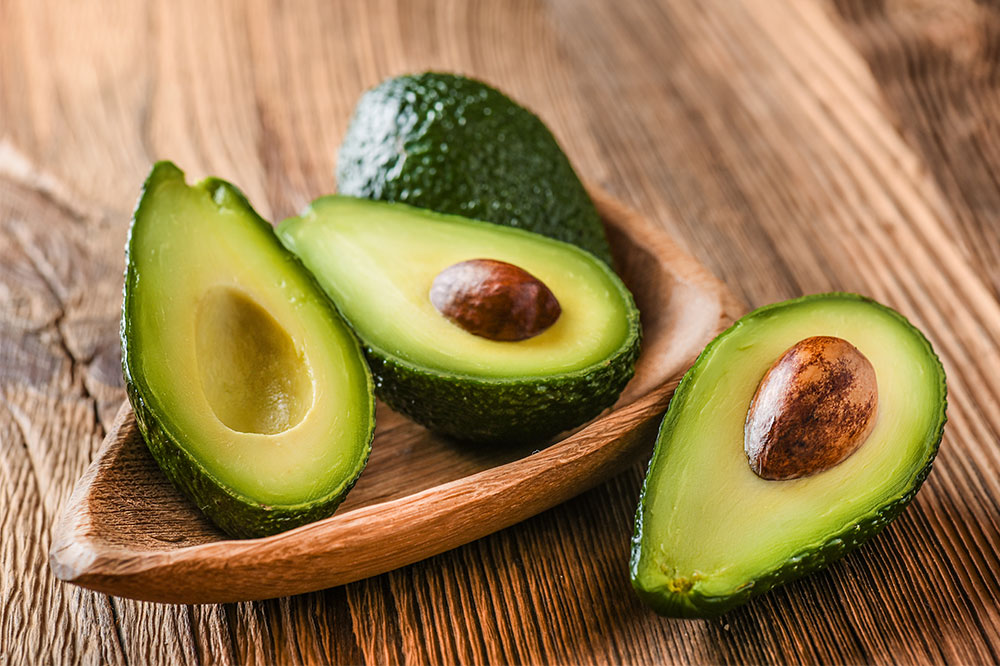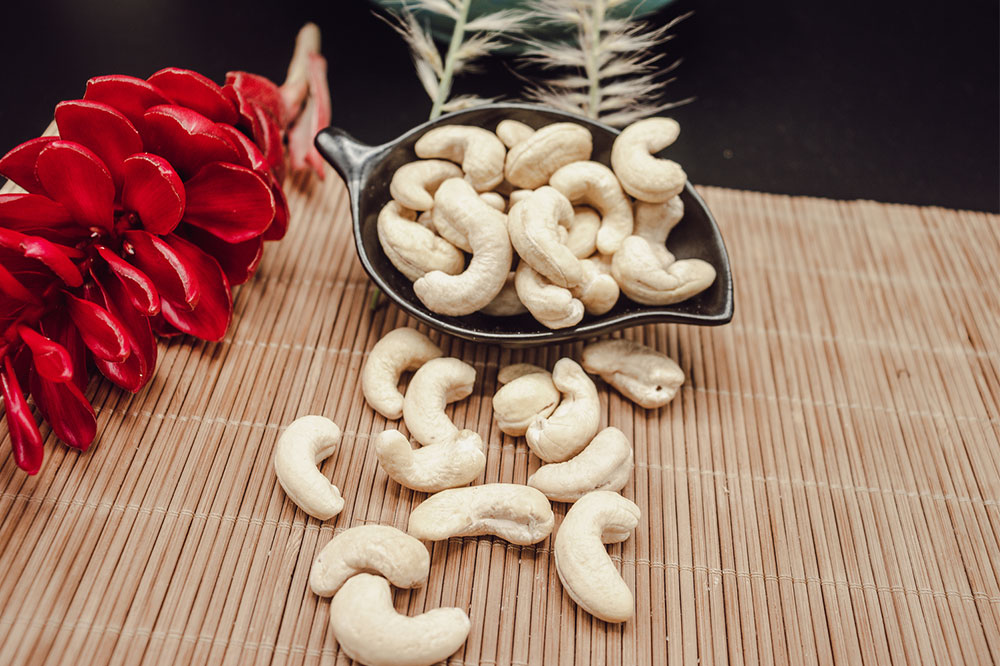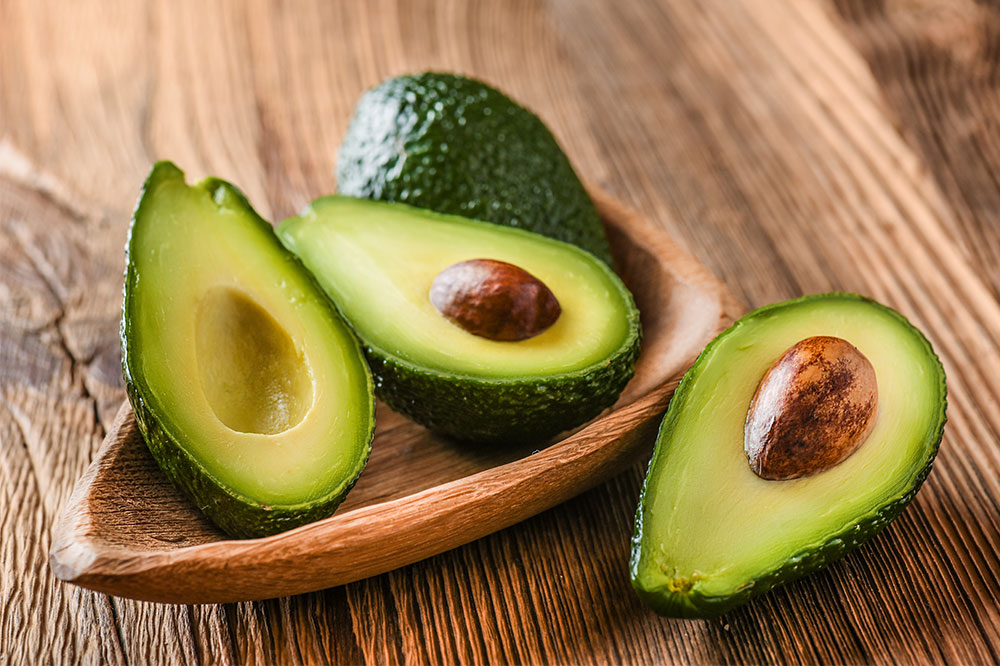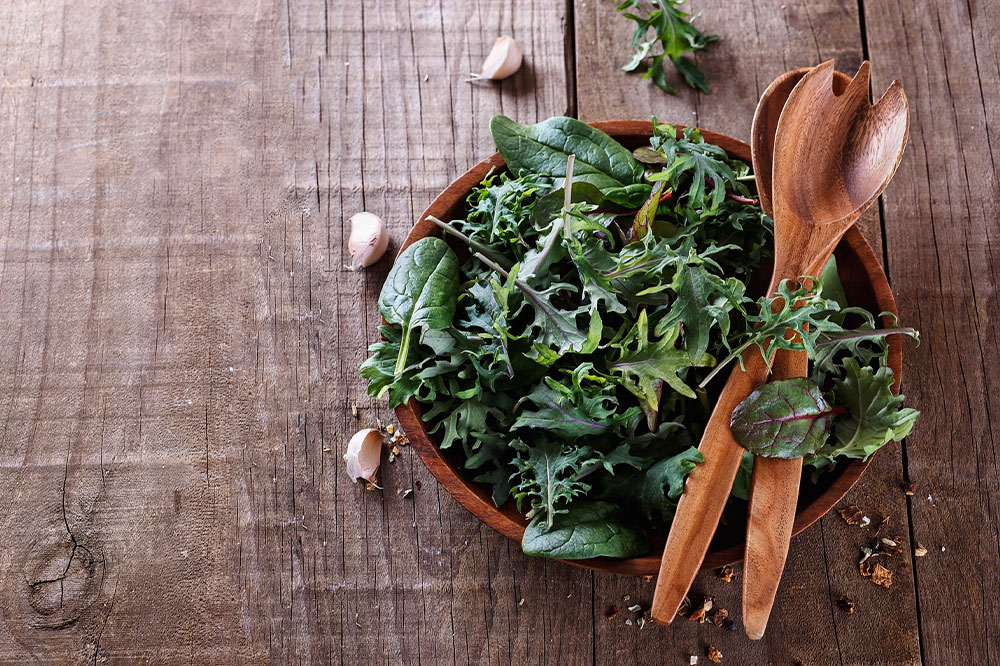Enhancing Heart Health with Smart Nutritional Choices for a Longer Life
Discover comprehensive strategies to improve heart health through smart nutrition. Learn about essential superfoods like salmon, oatmeal, citrus fruits, and nuts, and how they can reduce risks of heart disease. This detailed guide emphasizes the importance of a balanced diet, regular exercise, and lifestyle changes to promote long-term cardiovascular wellness. Perfect for anyone seeking to prevent heart-related issues and lead a healthier, more energetic life.

Promoting Cardiovascular Well-being Through Healthy Eating Habits
In today's fast-paced world, our lifestyles have undergone a dramatic transformation, leading to significant changes in dietary habits. The prevalence of convenient, processed foods and snacks has contributed to a rise in health problems such as obesity, type 2 diabetes, and especially heart disease. Despite technological advances and improved healthcare, cardiovascular disease remains the leading cause of death globally, notably in countries like the United States, where dietary factors like trans fats in processed foods continue to pose serious health risks. Trans fats are artificially created fats that elevate bad cholesterol levels (LDL) and reduce good cholesterol (HDL), increasing the likelihood of atherosclerosis and other heart-related conditions. Fortunately, raising awareness about nutritious food choices and making informed dietary decisions can substantially decrease the risk of developing these health issues. A heart-healthy diet emphasizes nutrient-rich foods such as omega-3 fatty acids, soluble fiber, vitamins, and healthy fats, preferably combined with consistent physical activity. Integrating these dietary elements into your daily life can significantly improve cardiovascular health and longevity. In this comprehensive guide, we will delve into four superfoods essential for promoting heart health and how you can incorporate them into your balanced diet.
Salmon and Fatty Fish
Among the top foods for supporting heart health, fatty fish like salmon, mackerel, and sardines are rich sources of omega-3 fatty acids. These healthy fats are crucial in reducing the risk of arrhythmias (irregular heartbeats), limiting the buildup of arterial plaque, decreasing triglyceride levels, and lowering blood pressure. The American Heart Association recommends consuming at least two servings of fatty fish per week as part of a heart-healthy diet. Not only does this support overall cardiovascular function, but omega-3s also have anti-inflammatory properties that combat chronic inflammation—a key factor in heart disease. Incorporating grilled, baked, or steamed fish into your meals can provide these benefits while adding delicious variety to your diet.
Oatmeal and Whole Grains
Oatmeal is a nutritional powerhouse when it comes to heart health, enriched with high levels of soluble fiber — particularly beta-glucan — which helps to lower LDL cholesterol levels. Soluble fiber binds to cholesterol in the digestive system, facilitating its excretion from the body and preventing buildup in arteries. To maximize health benefits, choose traditional oats instead of instant varieties that often contain added sugars and additives. Besides oatmeal, other whole grains such as whole wheat bread, brown rice, quinoa, and whole-grain pasta are excellent options that contribute to improving overall heart health by providing fiber, vitamins, minerals, and antioxidants. Incorporating these into your daily meals helps maintain healthy blood lipid levels and reduces the risk of stroke and coronary artery disease.
Citrus Fruits
Citrus fruits such as oranges, grapefruits, lemons, and limes are rich in bioactive compounds like flavonoids and vitamin C, which research shows can lower blood pressure and reduce stroke risk. Flavonoids contribute to improved endothelial function, dilate blood vessels, and prevent blood clot formation. Additionally, vitamin C acts as an antioxidant, protecting heart cells from oxidative stress. It’s recommended to include fresh citrus fruits as part of your daily intake, either as snacks or added to salads and smoothies. However, it’s essential to avoid high-sugar citrus beverages or processed grapefruit products, as they may interfere with certain medications like statins, which are used to lower cholesterol. Balancing fruit intake with other healthy foods creates a comprehensive approach to cardiovascular wellness.
Nuts and Seeds
Nuts such as almonds, walnuts, pistachios, and seeds like chia and flaxseed are nutrient-dense foods that support heart health through their rich content of healthy fats, fiber, vitamin E, and plant sterols. Regular consumption of nuts has been associated with lower LDL cholesterol levels and reduced inflammation, both of which are key in preventing heart disease. Adding a handful of mixed nuts to your snacks or breakfast can improve lipid profiles and provide sustained energy. It’s important to consume nuts in moderation due to their high-calorie content but including them as part of a balanced diet can significantly benefit cardiovascular health. Incorporating nuts and seeds into oatmeal, salads, or as standalone snacks makes for an easy, tasty way to enhance your heart-healthy diet.
In summary, adopting a diet rich in omega-3 fatty acids, soluble fiber, vitamins, and healthy fats, alongside regular physical activity, can profoundly impact heart health. Small lifestyle adjustments such as choosing salmon over red meat, starting your day with oatmeal, enjoying citrus fruits, and snacking on nuts can all contribute to a healthier cardiac profile. Healthcare professionals emphasize that maintaining healthy eating habits, avoiding trans fats, limiting processed sugars, and staying physically active are crucial strategies for preventing cardiovascular diseases. The journey to a healthier heart begins with conscious food choices today, ensuring you enjoy a vibrant life for years to come.





